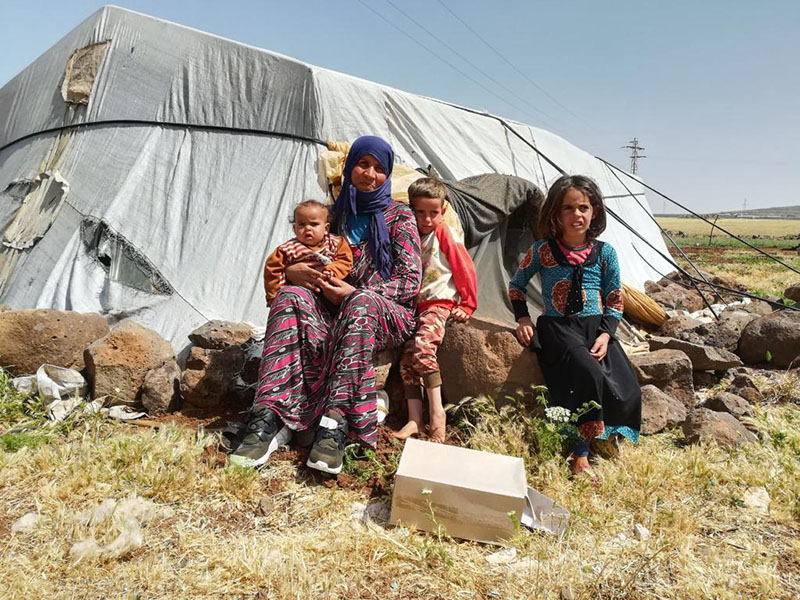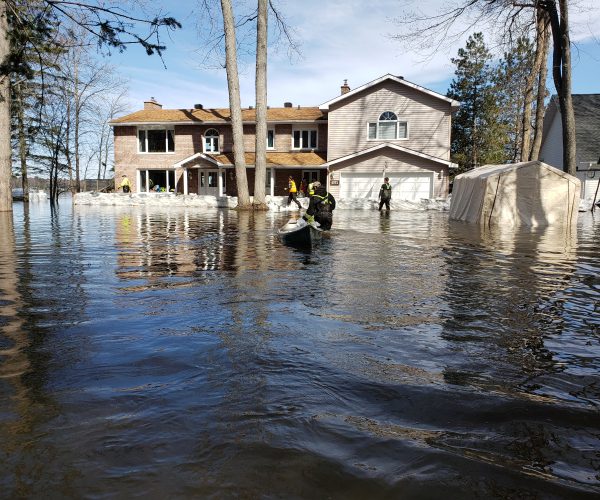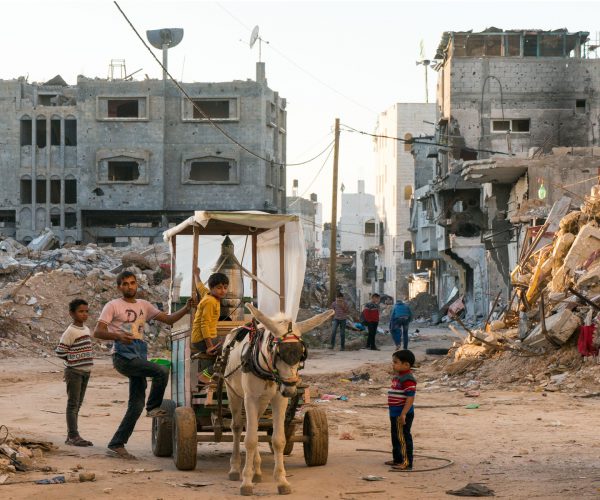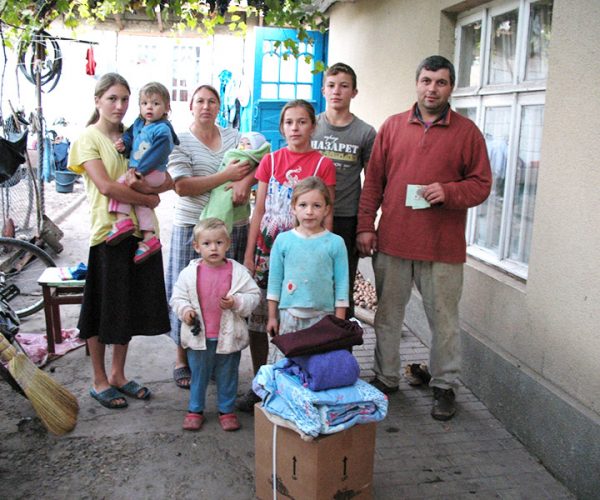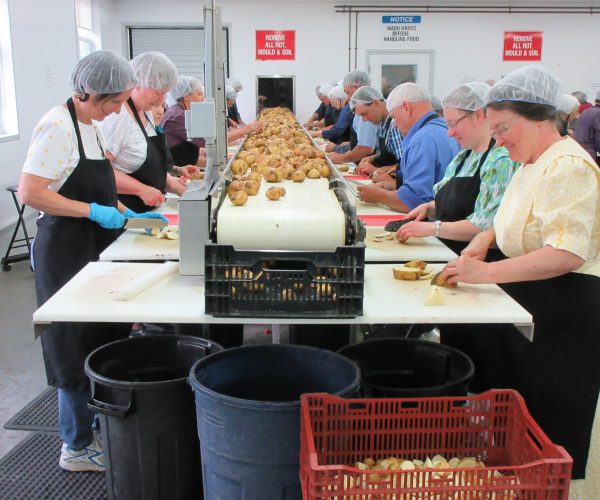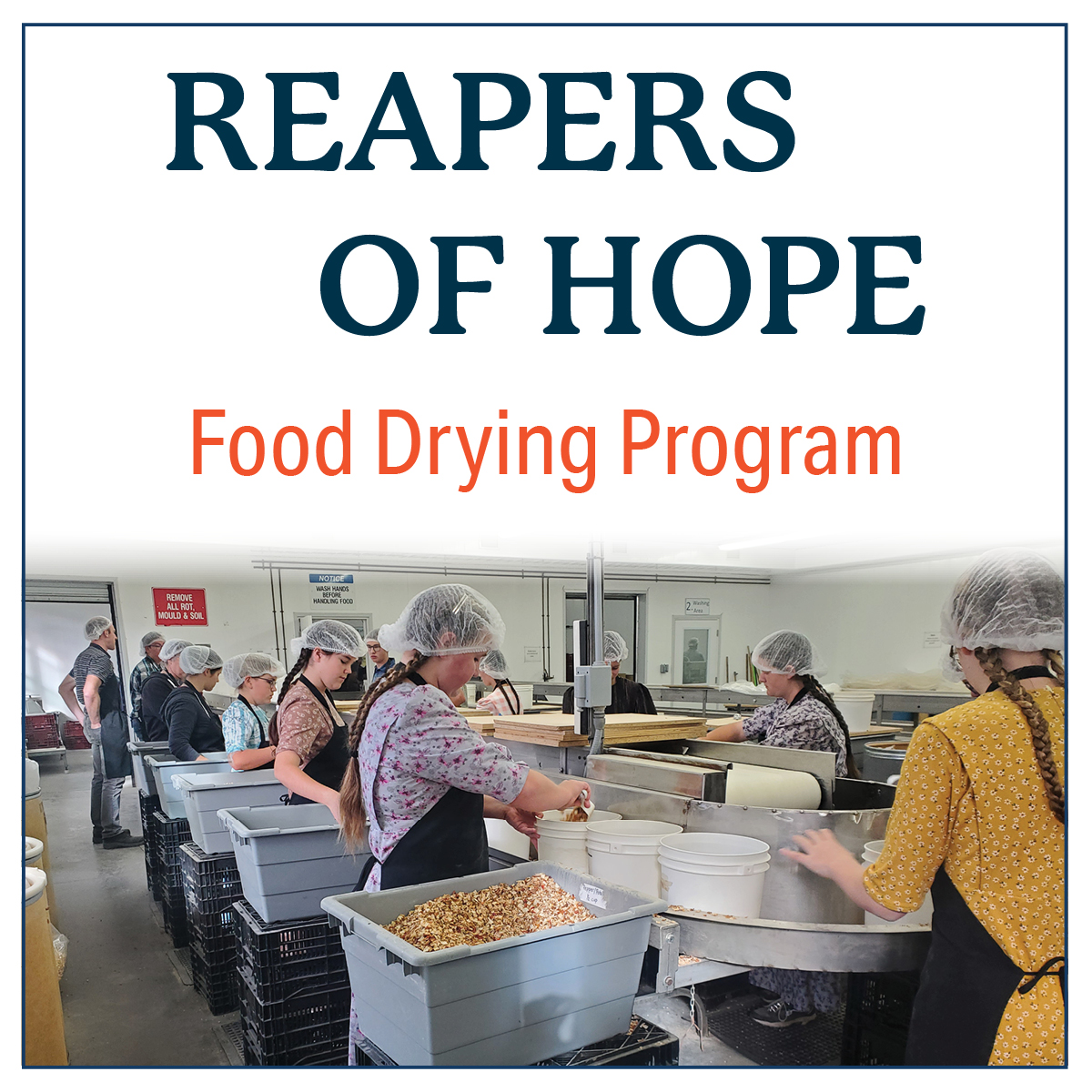The Syrian neighborhood feels abandoned as we walk its vacant streets. Apartment buildings once filled with life and sound now stand empty and silent. Blasted windows and blackened walls riddled with bullet holes reflect years of war. Occasionally, a sign of life is displayed by laundry fluttering from a repaired balcony. The residents inside long for peace and normalcy. They might not endure active fighting anymore, but face the discouragement of living amid ruin and struggling to provide everyday necessities.
Syria’s twelve years of war
This scene of devastation and struggle is repeated throughout the Middle East. Since Syria’s conflict has dwindled to pockets of sporadic fighting, it has mostly fallen from the world’s headlines. But 12 years of war leave the region broken and divided. More than 10 million Syrians remain displaced across Syria, Turkey, Lebanon, Jordan, and other countries (source: UNHCR). February’s deadly earthquakes in Turkey and Syria dealt another blow, forcing more than 2 million people from their damaged or destroyed homes and claiming at least 57,000 lives.
Syria’s shattered economy leaves many of its people grappling with few job opportunities and rising costs. Opportunities are especially scarce for women whose husbands died or went missing in the war. A CAM staff member who visited Syria witnessed women and children digging through garbage for food and things to sell. Many children have missed years of school because of facilities in ruins, parents unable to pay tuition fees, or children needing to work to provide for their families. Widows, children, and the elderly, left behind when their families fled, are some of Syria’s most vulnerable.
“We have reduced the meals we consumed”
Life is also challenging for Syrians in other countries. In Lebanon, an economic crisis is compounding refugees’ suffering. “We have reduced the number of meals we consumed per day,” said one mother. “For so many days, we went hungry. We were evicted because of our inability to pay rent.”
But deeper than these physical struggles are the emotional scars. Asma’s* family fled the conflict in their Syrian hometown, only to be uprooted again from their new home in a different city. The family decided to leave Syria for Lebanon. “As we crossed the checkpoints,” said Asma, “one of the soldiers arrested us and took my 7-year-old son Mustafa to interrogate him. . . . ever since, Mustafa . . . rarely speaks, is very introverted, and constantly feels fear and anxiety.”
Hopelessness and good news
A CAM contact says that hopelessness is one of the biggest struggles in Syria. “The hopelessness lies like a thick, dark fog above the faces of the country,” he says. “Hearing bad news every day makes Syrians long for true good news.”
It is here that we have the opportunity to share hope and good news with Syrians. Hammad, a Syrian father, met CAM contacts after fleeing the country with his family. Our contacts visited Hammad’s family, prayed with them, and began providing monthly food parcels. “When the team visited us, I felt we were not alone,” Hammad said.
Then an accident left Hammad severely injured and unable to work. Without an income, his family could not pay rent and other bills. When our contacts heard about Hammad’s accident and visited, he told them with tears, “I could not believe when my son told me that you were at our door. I was waiting for you to come and pray for us . . .” He expressed his gratitude for the food, medicines, and other support. “No one is supporting and remembering us but you.”
God’s direction and supporters’ care enable us to continue reaching out to Syrians through food, hygiene items, literature, winter supplies, and other aid. We also support self-help projects like animals and small businesses and fund small house renovating projects, hoping to help Syrians re-establish their lives and provide for themselves. “For thou hast been . . . a strength to the needy in his distress” (Isaiah 25:4a).
*Names in this article are changed to protect identities.
If you would like to support the Middle East Crisis program, please see the donation option below.

